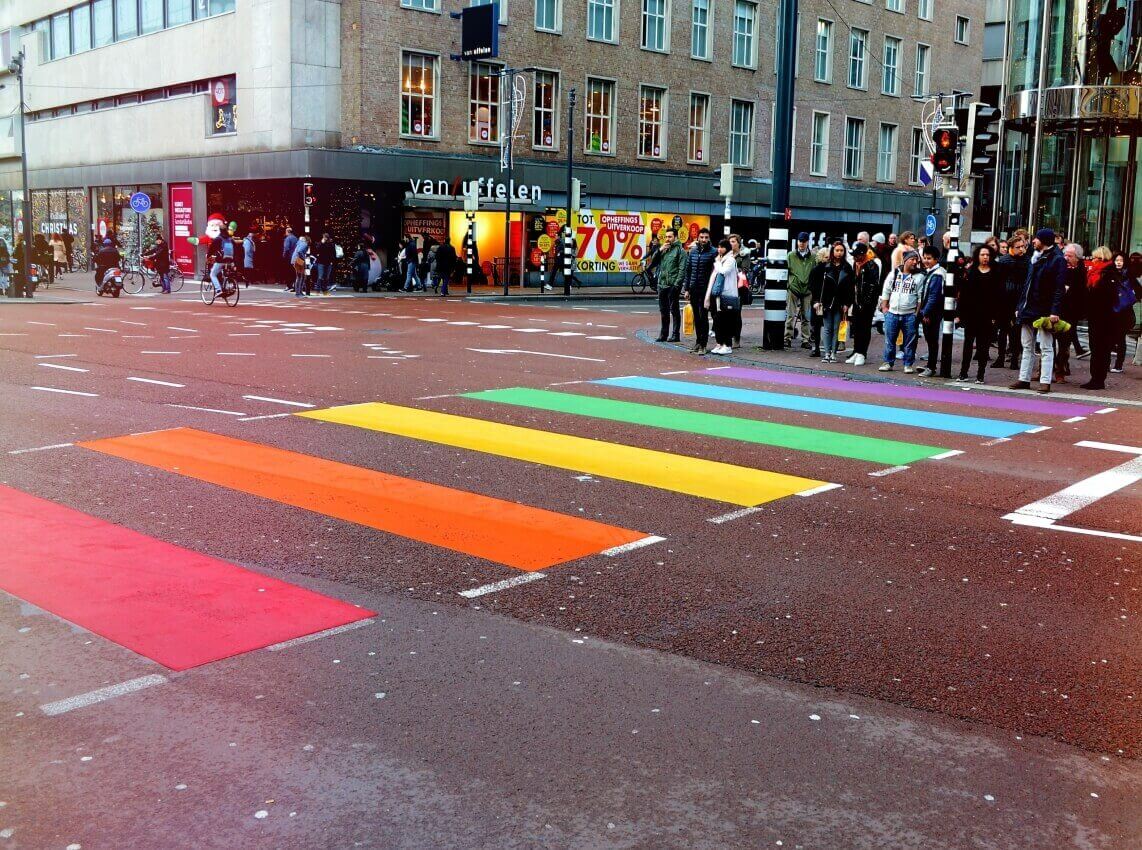Social economy consists of the organisations such as cooperatives, mutuals, associations, foundations and social enterprises among other forms that can be specific to each country, whose goal is the social objective to the detriment of capital, focusing on the primacy of people. Such enterprises value democratic governance, solidarity, and the reinvestment of most profits to contribute to the achievement of the sustainable development objectives (Social Economy Europe, 2021). Social enterprises are drivers of social innovation through their involvement in social cohesion, regional and rural development, environmental protection, consumer protection, agricultural, third countries development, and social security policies, while also contributing to the EU’s employment (European Commission, 2020). Entrepreneurship provides opportunities, as well as relevant value in the form of financial, cultural, or social resources (European Commission, 2021). Sources: Social Economy Europe, European Commission
Social Economy and Entrepreneurship








